Should I Be Concerned About Handling (Carcinogenic) Receipt Paper at My Job?
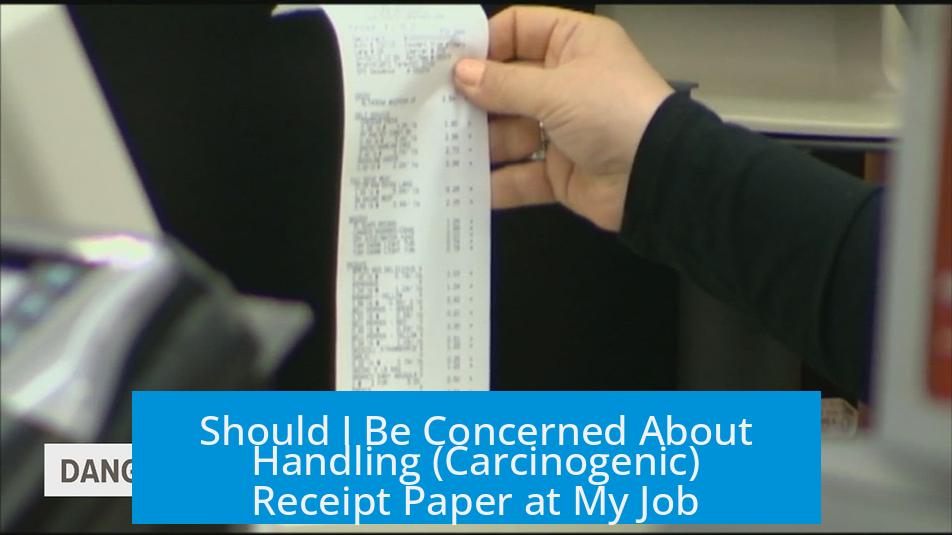
Handling receipt paper that may contain chemicals like Bisphenol A (BPA) presents some exposure risk, but current evidence suggests it poses minimal cancer risk under typical workplace conditions. This conclusion comes from evaluating the chemical content and real-world exposure data together.
Carcinogenic Potential of Receipt Paper
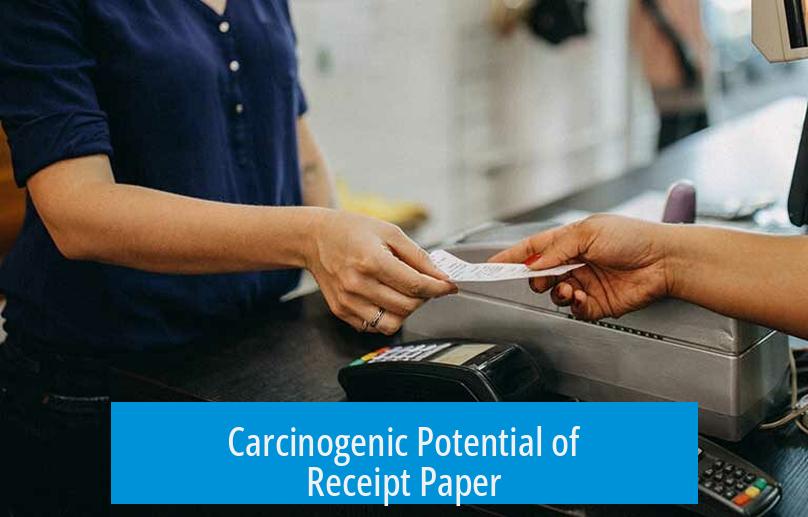
Certain thermal receipt papers contain chemicals such as BPA or similar compounds, which California lists as substances possibly linked to cancer. However, this designation often includes many common materials based on precautionary principles rather than proven carcinogenic effect in real-world use.
Realistic Risk from Receipt Handling

The actual cancer risk from handling receipt paper with BPA is very low. Millions of workers worldwide routinely handle receipts for years without increased cancer incidence. Exposure through skin contact is limited because BPA absorption is minimal unless the chemical is ingested or absorbed repeatedly in large amounts.
- Touching receipts briefly does not cause harmful buildup.
- Cancer risk from receipt handling is much lower than many environmental or occupational hazards.
Chemical Exposure and Safe Practices
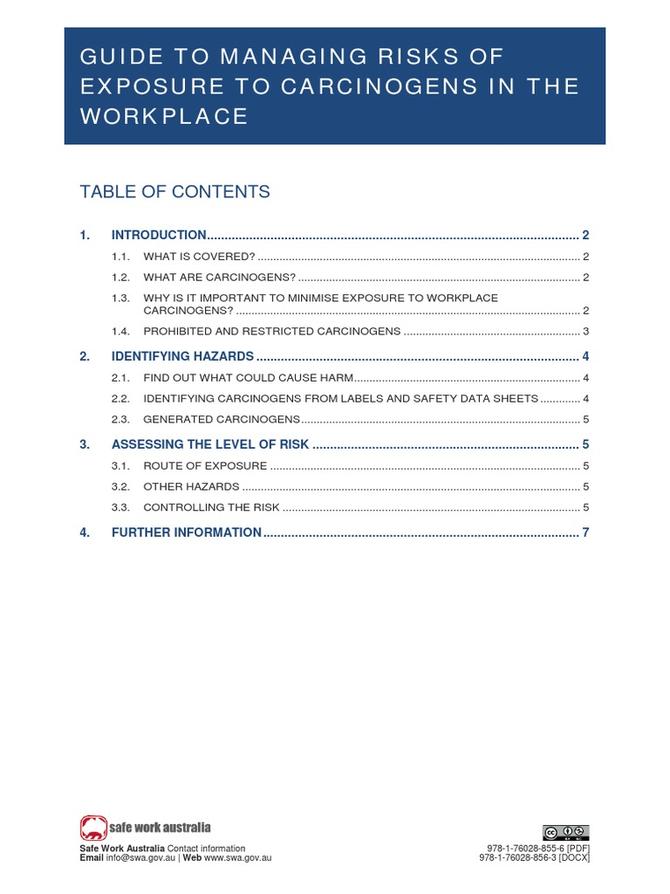
BPA in thermal paper requires ingestion or prolonged skin exposure to pose a hazard. Avoid behaviors like licking fingers, touching the face or mouth, or transferring chemicals from paper to sensitive areas. Washing hands with soap and water reduces chemical residues effectively.
Protective measures include:
- Wearing nitrile gloves when handling large volumes of receipts daily.
- Avoiding inhalation of fumes immediately after printing receipts.
- Minimizing unnecessary contact and ensuring good hygiene afterward.
Misinformation and Overstated Concerns
Some exaggerated claims about receipt paper risks circulate widely but lack scientific backing. Regulatory caution does not equate to significant personal hazard under normal usage patterns.
Most chemists caution that evaluating such exposure requires specific expertise and data. General fear should be balanced with evidence and practical risk assessment.
Summary of Key Points
- Thermal receipt paper may contain carcinogenic chemicals like BPA, but risk is typically low in standard handling.
- Skin contact alone rarely leads to harmful exposure; ingestion or repeated exposure increases risk.
- Good hygiene, such as washing hands after handling, reduces chemical residues.
- Gloves offer protection when handling many receipts daily or if concerned.
- Avoid licking fingers and touching face after handling receipts to prevent chemical transfer.
- Exaggerated fears are common but not supported by strong evidence.
Should I be Concerned About Handling (Carcinogenic) Receipt Paper at My Job?
If you’re handling receipt paper at work and wondering whether this common task is a cancer risk, the short answer is: probably not something to lose sleep over. But let’s unpack why it raises eyebrows and what you should actually keep in mind.
Receipt paper, especially thermal paper, has made headlines because it often contains bisphenol A (BPA), a chemical listed by California as possibly carcinogenic. This sounds scary at first. After all, California’s list includes tons of materials—everything from household dust to motor oil—so the label “possible carcinogen” is pretty broad. It’s not exactly a call to panic but more a warning sign to respect and understand potential risks.
Have you ever wondered if all those cashiers and retail workers scratching that little paper every day are secretly harboring an unseen battle with finger cancer? The good news is that decades of occupational data tell a different story. People who work with receipts daily don’t show a higher incidence of cancer linked to receipt paper handling. In fact, you are far more likely to face dangers from many everyday substances or even unusual ones like nuclear materials than from a stack of little receipts. So, handling receipts at your job poses a minimal, almost negligible cancer risk in reality.
Let’s talk chemicals. BPA is the villain here, a chemical used in some thermal paper to create those magic heat-triggered prints you see. Yes, BPA can mimic estrogen in the body, which has raised concerns over hormonal effects. But here’s the kicker: BPA exposure through skin contact is usually very low. You’d have to ingest a significant amount early in life for it to accumulate or cause notable harm. Just touching a receipt isn’t enough exposure to make your body do somersaults.
What could increase your risk is poor hygiene—like licking your fingers after handling receipts or absentmindedly touching your eyes, nose, or mouth without washing your hands. That’s how BPA or other chemicals could enter your system and potentially cause trouble. Washing your hands with soap and water after handling receipts is a simple, effective defense.
Some folks even suggest wearing nitrile gloves when handling hundreds or thousands of receipts daily. Gloves offer protection from BPA and other substances and are especially useful if you’re concerned about phytoestrogens affecting males, a lesser-known but mentioned worry. Plus, avoiding inhaling any fumes immediately after printing receipts is a decent precaution, although fumes from thermal printers are generally minimal.
Now, prepare for a reality check: misinformation runs wild online. Some comments suggest extreme fear—like “don’t touch receipts or you’re doomed.” These are usually sarcasm or exaggerations, highlighting how easy it is to spiral into unnecessary worry without scientific backing. California’s cautionary labeling often fuels this anxiety but remember that broad warnings don’t always mean imminent danger.
Even experts weigh in acknowledging the complexity of this issue. Many chemists aren’t specially trained in assessing specific risks like thermal paper exposures. Asking a chemist about receipt paper carcinogenicity can be like asking a car engineer about traffic laws—valuable insights but not the full picture. This gap underlines why we see varying opinions and why practical, evidence-based guidance matters most.
So, what can you do if you want to handle receipts without fretting? Here’s a quick rundown of practical advice:
- Wash your hands after handling receipts, especially before eating or touching your face.
- Avoid licking fingers or using hands to groom sensitive areas right after touching receipts.
- Consider gloves if you handle receipts for hours daily and want to take extra precautions.
- Store receipts separately and away from food or personal items to reduce cross-contamination.
- Stay informed by checking credible sources rather than panicking over sensational headlines.
In conclusion, while receipt paper contains chemicals labeled by some as potential carcinogens, handling it at your job is not a high-risk activity. The risk is very low and mainly tied to careless habits rather than the paper itself. How you manage exposure—like washing hands and avoiding ingestion—is the key to staying safe and sane.
So next time you hand out a receipt, you can do so knowing this task isn’t the silent cancer trigger some might fear. It’s routine work with manageable risks. And if you want, slip on those gloves—just don’t use the receipt paper as a hand towel!
Can handling receipt paper at work cause cancer?
The risk is very low. Despite some receipt papers being listed as possible carcinogens, there is no strong evidence linking normal handling to cancer development in workers.
How does BPA in receipt paper affect me?
BPA can be absorbed through skin, but mainly if ingested or exposed heavily over time. Avoid licking fingers after touching receipts to minimize any risk.
What precautions can I take if I’m worried about chemical exposure?
Wearing nitrile gloves offers protection. Also, wash your hands thoroughly after handling receipts. Avoid touching your face before washing.
Is the carcinogenic label on receipts a reason for alarm?
The label often stems from precautionary laws, not actual risk. Many everyday materials are listed similarly, so it’s more about context and exposure level.
Can breathing in fumes from printed receipts be harmful?
Inhaling fumes right after printing may cause irritation. It’s best to avoid breathing in these fumes directly and ensure good ventilation around receipt printers.


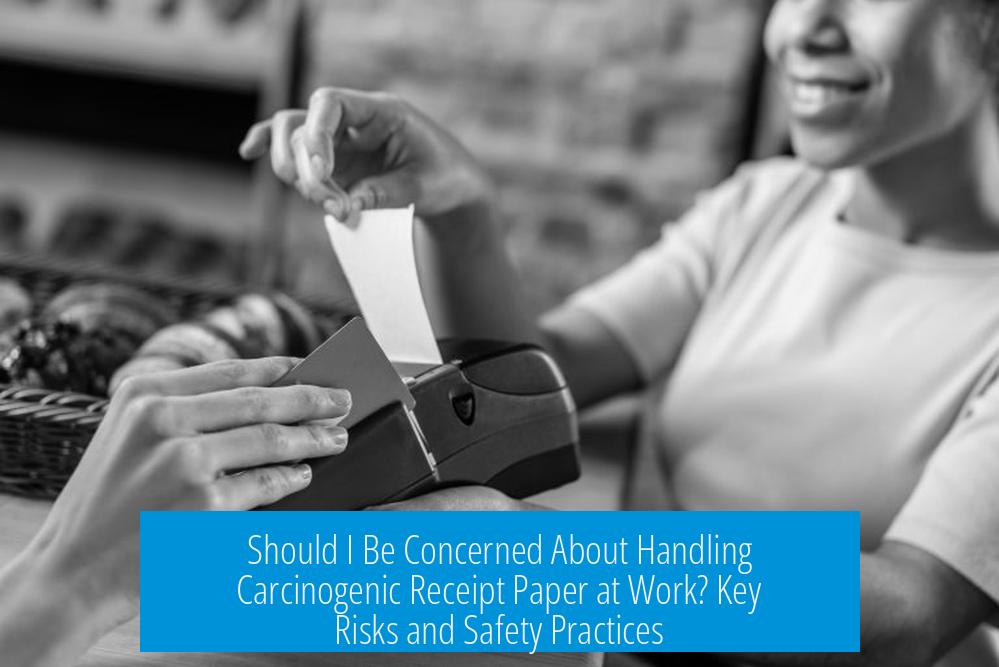

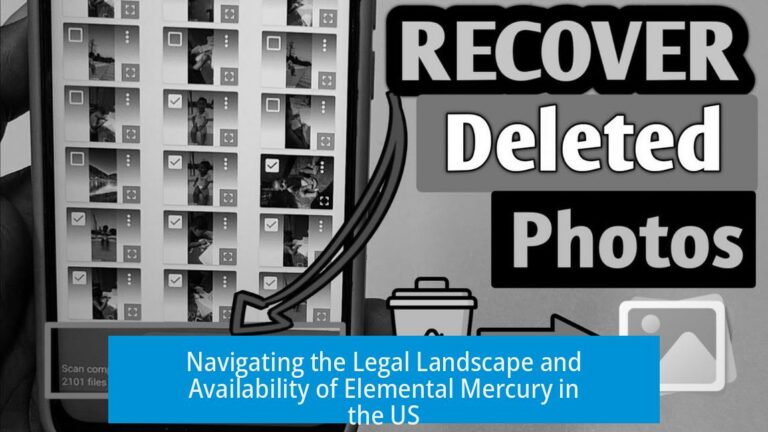
Leave a Comment